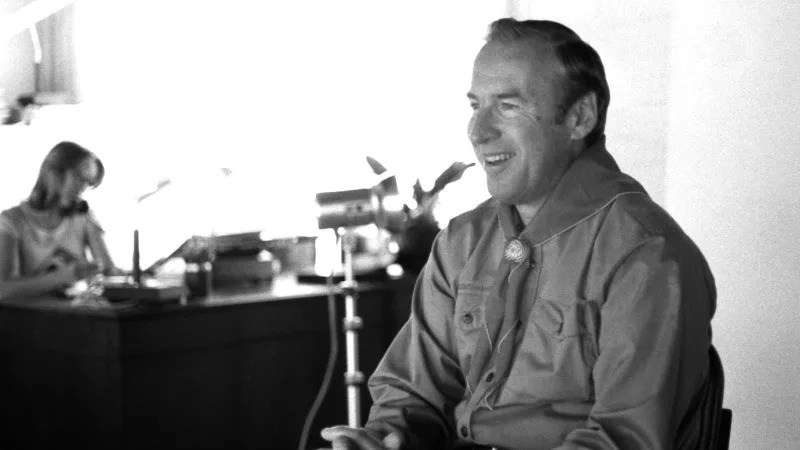James Lovell, Apollo 13 Commander and Space Pioneer, Dies at 97

CHICAGO (AP) — James Lovell, the seasoned astronaut who captained the ill-fated Apollo 13 mission and helped avert disaster through remarkable ingenuity, has died. He was 97 years old. Lovell passed away on Thursday in Lake Forest, Illinois, NASA announced Friday.
A pivotal figure in the early days of American space exploration, Lovell logged four flights with NASA — Gemini 7, Gemini 12, Apollo 8, and the defining Apollo 13 mission – captivating audiences worldwide. His experience and composure became synonymous with the agency’s commitment to overcoming adversity.
In December 1968, alongside Frank Borman and William Anders, Lovell comprised the crew of Apollo 8, a landmark mission that marked the first time humans left Earth’s orbit and circled the moon. Although they did not land, this voyage propelled the United States ahead in the space race against the Soviet Union. The iconic image of Earth from lunar orbit, captured during that flight, resonated deeply with Americans amid a period of national unrest, as many citizens expressed at the time.
However, Lovell’s most enduring legacy stems from the Apollo 13 mission in April 1970. Originally slated to be the fifth person to walk on the moon, the mission took a dramatic turn when an oxygen tank exploded approximately 200,000 miles from Earth. The astronauts faced perilous conditions and narrowly escaped tragedy, enduring four days confined within the lunar module, which served as their emergency lifeboat.
Reflecting on the ordeal in later years, Lovell emphasized the mission’s ultimate success not in achieving its initial objectives but rather in demonstrating NASA’s ability to respond effectively under extreme pressure. “The thing that I want most people to remember is (that) in some sense it was very much of a success,” he stated.
A retired Navy captain known for his calm demeanor, Lovell confided in a NASA historian that the experience altered his perspective on crisis management. He adopted a pragmatic approach, frequently reminding himself of his survival during Apollo 13 to mitigate worry about future challenges.
The subsequent 1995 film adaptation, “Apollo 13,” brought renewed recognition to Lovell, Fred Haise, and Jack Swigert, though the portrayal included a memorable but inaccurate line—Lovell’s reported utterance of “Houston, we have a problem.”
Described by Smithsonian Institution historian Roger Launius as “a very personable, very down-to-earth type of person,” Lovell exemplified quiet confidence rather than ostentatious displays. He approached risk with measured assessment, understanding its inherent nature.
Throughout his career, Lovell accumulated over 715 hours and 4 minutes in space, a record until the Skylab missions. During Apollo 8, he offered a poignant reflection on Earth from afar, wondering what an alien observer might conclude about the planet’s habitability. Launius considered this mission to be as consequential as the historic Apollo 11 landing, which itself was made possible by the groundwork laid during Apollo 8.
“I think in the history of space flight, I would say that Jim was one of the pillars of the early space flight program,” Gene Kranz, NASA’s legendary flight director, once remarked, encapsulating Lovell’s profound and lasting impact on the U.S. space program.









